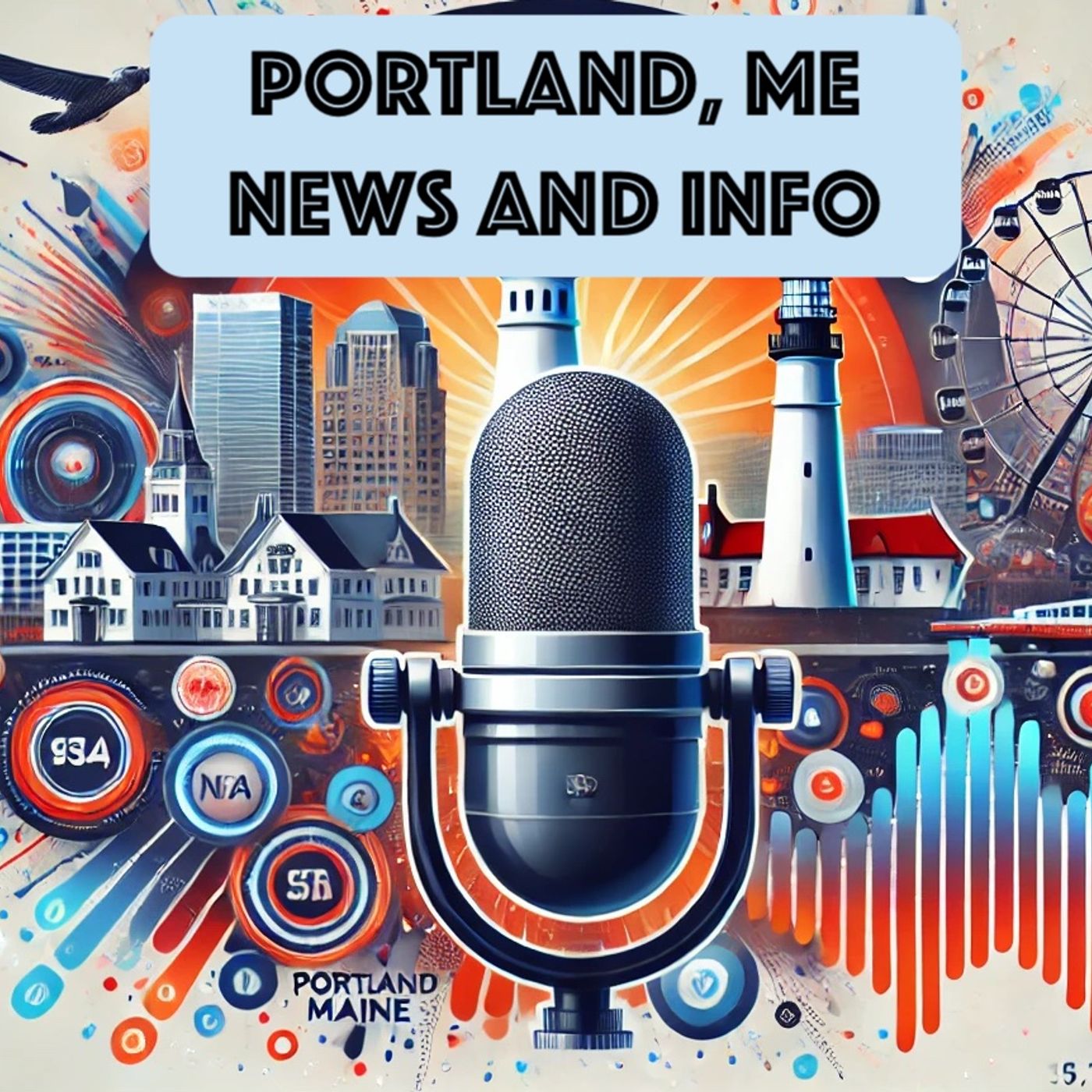Jan 27 2025 3 mins
Portland, Maine, is undergoing significant transformations and experiencing notable events that shape the city's landscape and community.
In the realm of development, Portland's skyline and neighborhoods are changing dramatically. The East End, once a largely vacant and raw area, has seen substantial corporate and residential development. The construction of corporate headquarters for companies like WEX Inc. and Covetrus has spurred further growth, including new constructions by Sun Life and the establishment of the Roux Institute, which leases space from WEX. This corporate development has led to the creation of condos, the AC Hotel, and numerous restaurants, contributing to the vibrant atmosphere of the area. Additionally, the recent opening of Maine’s tallest building, the Casco, has added 263 much-needed apartments to the city's housing stock[2].
Thompson’s Point, another area of Portland, has also seen significant redevelopment. The Maine Children’s Museum & Theatre, established in 2019, has been a catalyst for this transformation, which now includes a Bissell Bros. Brewery, a concert venue, a skating rink, an event space, and various retail outlets. In the Bayside neighborhood, the relocation of a city maintenance depot has opened up six parcels for redevelopment, resulting in hundreds of housing units, brew pubs, restaurants, and commercial and retail spaces[2].
Beyond physical development, Portland is also a hub for creative and community-driven initiatives. The Telling Room, founded in 2004 by journalists Michael Paterniti, Sara Corbett, and author Susan Conley, is a notable example. This organization helps young people share their stories through writing, having engaged over 35,000 participants across Maine. The Telling Room works with students from various schools, including those who are new to the area and learning a new language, providing a platform for them to express themselves and share their experiences[3].
In terms of community and social issues, Portland has been a site for various gatherings and advocacy. Recently, hundreds marched from Monument Square to City Hall, calling for unity and collective action to protect abortion rights and federal programs that support vulnerable citizens. This event reflects the city's active engagement in social and political issues[1].
Infrastructure improvements are also on the horizon for Portland and its surrounding areas. In South Portland, several construction projects are planned or underway, including the installation of new sidewalks along Church Street and Broadway, which will include ADA ramp upgrades and crosswalk striping. These projects, funded by initiatives such as the Maine DOT Municipal Partnership Initiative and Community Development Block Grants, aim to enhance pedestrian safety and accessibility[5].
These developments and initiatives highlight Portland's dynamic nature, from its evolving physical landscape to its vibrant cultural and community activities. As the city continues to grow and adapt, it remains a place where innovation, creativity, and community spirit thrive.
In the realm of development, Portland's skyline and neighborhoods are changing dramatically. The East End, once a largely vacant and raw area, has seen substantial corporate and residential development. The construction of corporate headquarters for companies like WEX Inc. and Covetrus has spurred further growth, including new constructions by Sun Life and the establishment of the Roux Institute, which leases space from WEX. This corporate development has led to the creation of condos, the AC Hotel, and numerous restaurants, contributing to the vibrant atmosphere of the area. Additionally, the recent opening of Maine’s tallest building, the Casco, has added 263 much-needed apartments to the city's housing stock[2].
Thompson’s Point, another area of Portland, has also seen significant redevelopment. The Maine Children’s Museum & Theatre, established in 2019, has been a catalyst for this transformation, which now includes a Bissell Bros. Brewery, a concert venue, a skating rink, an event space, and various retail outlets. In the Bayside neighborhood, the relocation of a city maintenance depot has opened up six parcels for redevelopment, resulting in hundreds of housing units, brew pubs, restaurants, and commercial and retail spaces[2].
Beyond physical development, Portland is also a hub for creative and community-driven initiatives. The Telling Room, founded in 2004 by journalists Michael Paterniti, Sara Corbett, and author Susan Conley, is a notable example. This organization helps young people share their stories through writing, having engaged over 35,000 participants across Maine. The Telling Room works with students from various schools, including those who are new to the area and learning a new language, providing a platform for them to express themselves and share their experiences[3].
In terms of community and social issues, Portland has been a site for various gatherings and advocacy. Recently, hundreds marched from Monument Square to City Hall, calling for unity and collective action to protect abortion rights and federal programs that support vulnerable citizens. This event reflects the city's active engagement in social and political issues[1].
Infrastructure improvements are also on the horizon for Portland and its surrounding areas. In South Portland, several construction projects are planned or underway, including the installation of new sidewalks along Church Street and Broadway, which will include ADA ramp upgrades and crosswalk striping. These projects, funded by initiatives such as the Maine DOT Municipal Partnership Initiative and Community Development Block Grants, aim to enhance pedestrian safety and accessibility[5].
These developments and initiatives highlight Portland's dynamic nature, from its evolving physical landscape to its vibrant cultural and community activities. As the city continues to grow and adapt, it remains a place where innovation, creativity, and community spirit thrive.
